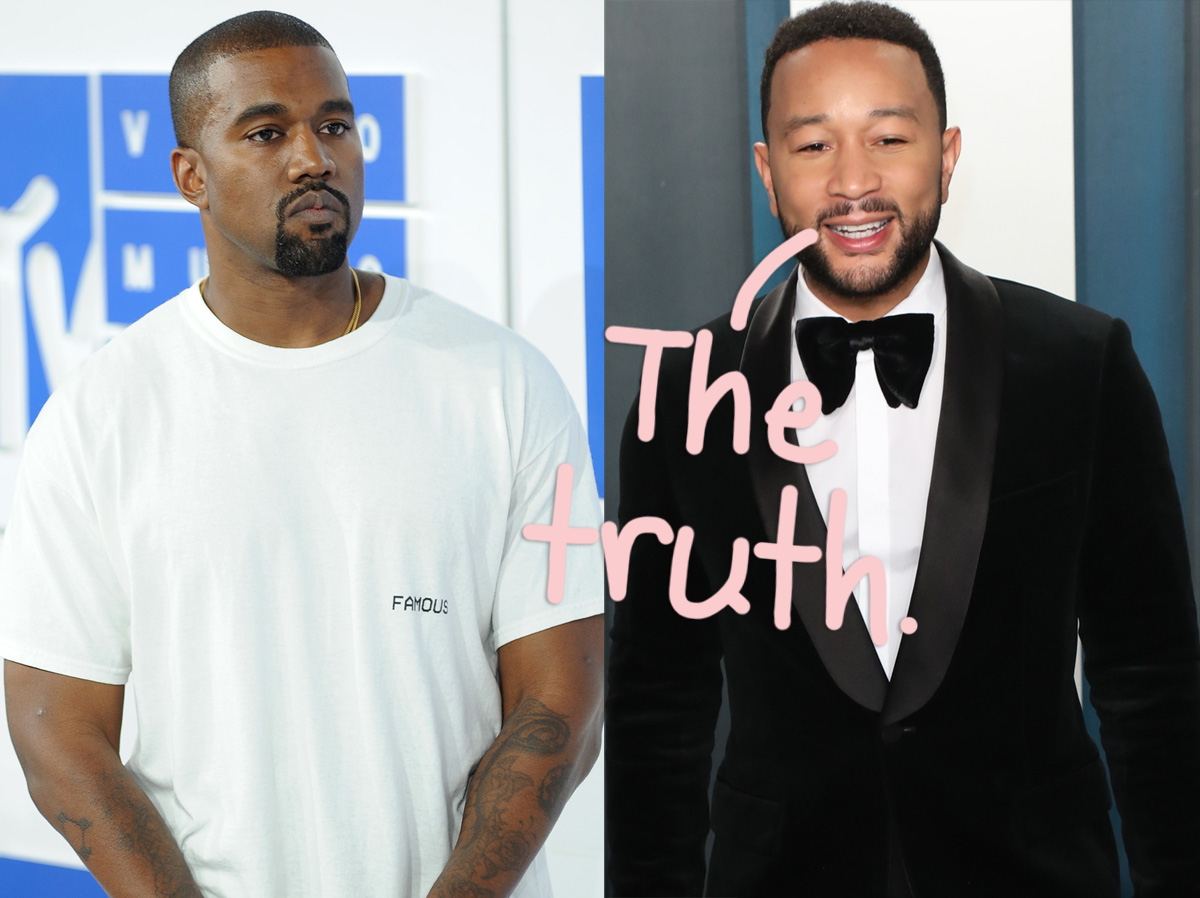#Meta Won Approval to Buy a Virtual Reality App, But FTC Laid Groundwork to Halt Big Tech’s Next Deal

Table of Contents
Meta Won Approval to Buy a Virtual Reality App, But FTC Laid Groundwork to Halt Big Tech’s Next Deal
The Federal Trade Commission’s lawsuit to block Facebook parent company Meta’s acquisition of virtual reality app developer Within presented the court with a legal question that used to exist on the periphery of antitrust law and is now critical to the government’s efforts to rein in big tech: How to assess proposed deals by dominant firms in nascent markets.
During the seven-day trial in December where the FTC challenged the deal because it allegedly put Meta in prime position to monopolize VR fitness apps, the company questioned how the acquisition of one app in a developing market could harm competition. U.S. District Judge Edward Davila approved the deal in a blow to the agency’s bid to dismantle the tech giant but advanced one of its key legal theories arguing that the purchase of competitors in budding markets can hurt competition. Additionally, he agreed with the FTC that mergers between companies that don’t currently compete against each other can violate Section 7 of the Clayton Act, which bars deals “whenever the effect would substantially lessen competition and tend to create a monopoly.”
“Given the actual potential competition doctrine’s consistent, albeit distant, history of judicial recognition, the Court declines to reject the theory outright and will apply the doctrine as developed,” the judge wrote in the 65-page order.
Prospective defendants in future cases will be hard-pressed to argue that antitrust law accounting for competition between vertical competitors in fledgling markets is no longer on the books, according to an FTC official. Meta had argued that the agency’s theory is “dead-letter doctrine.”
In a statement on Friday, Meta said, “This deal will bring pro-competitive benefits to the ecosystem and spur innovation that will benefit people, developers, and the VR space more broadly. We look forward to closing the transaction soon.”
An FTC spokesperson said that the commission won’t appeal the order. He added it’ll be “deciding whether to continue its part three case soon,” referring to an in-house trial before the FTC’s administrative judge slated to begin on Feb. 13.
The case, criticized by some observers as government overreach, was widely viewed as a test of the Biden’s administration’s enforcement agenda to abate consolidation of the tech industry, in part by invoking a theory embraced by chair Lina Khan that antitrust law is meant to preserve future competition. The tech giants, including Alphabet’s Google, Amazon, Apple and Microsoft, have pursued serial acquisition strategies aimed at buying smaller companies to quickly corner emerging markets. If its arguments are adopted by the courts, the FTC could force a shift in the way entire industries approach competition.
Despite the FTC’s loss in its skirmish with Meta, the findings give the agency a road map to challenge similar deals in the future, especially those in rapidly-evolving digital markets, according to legal experts.
“They have every incentive to bring more cases,” said Rebecca Allensworth, an antitrust professor at Vanderbilt law school. “There’s a lot in it for them to keep pushing in this direction.”
Meta, the market leader in VR headset sales and app distribution, made a deal to acquire Within in Oct. 2021 for an undisclosed sum. Within’s flagship app is Supernatural, a paid subscription VR fitness service that launched in 2020 on Meta’s Quest Store.
The purchase was a part of chief executive Mark Zuckerberg’s bet on the so-called Metaverse. In the past three years, the company has acquired at least nine VR app studios. Supernatural currently possesses an 82 percent share of market revenue among the existing VR fitness apps, according to a study from FTC’s economics expert Hal Singer.
The FTC argued that the merger would substantially lessen competition because it deprives the VR fitness app market of the competition that would have arisen from Meta’s independent creation of a competing app, a theory known as the “actual potential competition” or “actual potential entrant” doctrine.
Judge Davila’s analysis turned on the finding that Meta wasn’t likely to develop a VR fitness app absent its acquisition of Within. While the company has the money and engineering expertise to do so, the judge found it doesn’t have the capability since it doesn’t have the content or studio production capabilities to create and film VR workouts.
Neither does Meta have an incentive to create a competing app, Davila concluded. Meta is not focused on the growth of VR fitness apps specifically, he said, but rather the adoption of VR tech as the primary seller of VR headsets and distributor of apps.
“Meta, as a competitor in the VR headset market, benefits from that growth so long as high-quality VR fitness apps exist in the VR ecosystem; Meta need not itself be a player in that ecosystem,” the judge wrote. “This mutually beneficial relationship between the VR platform and third-party VR apps distinguishes this case from other potential competition cases where potential entrants are typically incentivized to enter the relevant market because they are not capturing any of the neighboring market’s growth or profitability.”
On whether Meta had plans to develop a VR fitness app, Davila called arguments from the FTC that the company would’ve used any “available feasible means” to do so “impermissibly speculative.” He cited evidence indicating that Meta would’ve only entered the market through acquisition or collaboration. A document outlining Meta’s strategy regarding the issue created by Meta Rabkin, vice president of Oculus, showed that the company only had five options for investing in VR fitness: (1) acquire Within and Supernatural; (2) acquire another undisclosed VR app developer; (3) expand Beat Saber into deliberate fitness, likely by partnering with Peloton; (4) increase funding for development of third-party VR fitness apps; and (5) do nothing and maintain the status quo.
The judge stressed that “there was never an option for Meta to build its own VR dedicated fitness app to enter the market” by itself.
Critically, the FTC also successfully convinced the court that the relevant market in the case is VR fitness apps — among the most crucial obstacles for the government when challenging a merger. Meta claimed that the FTC’s proposed market is too narrow because it excludes apps that it argued are interchangeable with VR fitness apps, like those on other non-VR consoles. In antitrust cases, defendants try to define the market as broadly as possible.
Despite the factual findings in the court’s order, Lee Hepner, a lawyer for the American Economic Liberties Project, called the ruling a win for the FTC because the judge accepted key arguments at the heart of the commission’s enforcement agenda.
“The road map is in the legal theories,” Hepner said, pointing to Davila endorsing the potential competition doctrine. “The court, by making this order so specific to VR app development, leaves open a path for the FTC to bring these types of cases pursuant to the theories the were fighting for in court. This goes to vindicating the FTC and DOJ’s approach to bring touch cases with the objective of advancing the law even if they lose.”
In the ruling denying the FTC’s bid for a preliminary injunction, the judge also denied Meta’s motion to dismiss the complaint based on the argument FTC’s potential competition theory is no longer valid. Notably, he agreed with the commission that it should only be held to a reasonable probability standard that Meta had a greater than 50 percent chance at entering the market for dedicated VR fitness apps absent its acquisition of Within — the first time a court has ruled on the issue.
“This is crucial when talking about tech companies that tend to squash competition before it’s really established,” Allensworth said, noting that Davila gets behind the “idea that mergers can harm competition even if [the merger companies] aren’t directly competing against each other.”
A status conference in the case is scheduled to be heard on Tuesday.
If you liked the article, do not forget to share it with your friends. Follow us on Google News too, click on the star and choose us from your favorites.
For forums sites go to Forum.BuradaBiliyorum.Com
If you want to read more Like this articles, you can visit our Social Media category.



